British PM Johnson said there were no alternatives to Huawei for 5G; France found a couple
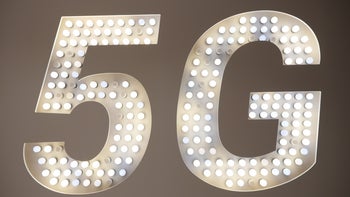
For nearly two years, the U.S. has been warning allies not to use Huawei's networking gear while building out their new 5G networks. The company, the world's largest supplier of networking equipment, is a national security threat in the U.S. due to its alleged ties to the communist Chinese government. U.S.lawmakers fear that the manufacturer's gear contains backdoors that will send private and personal information to Beijing. Huawei has denied this, and no one has yet discovered a backdoor on any Huawei products.
While some allies like Japan and Australia have heeded the warnings from Washington D.C., others haven't. Germany and Britain have decided to use Huawei's networking equipment on their 5G networks with Britain making that decision just last week. While the latter won't use Huawei equipment near "sensitive functions," the U.S. is now concerned about intelligence sharing arrangements it has with the country. Just before Britain announced its decision, Prime Minister Boris Johnson said about using Huawei's equipment, "what alternatives are there?" But it seems that France has found alternatives.
France, unlike British Prime Minister Boris Johnson, finds alternatives to Huawei
On Saturday, U.K. newspaper The Telegraph reported that France decided to go with two other networking equipment for its 5G networks. Instead of Huawei, the country will use gear sourced from Finland's Nokia and Sweden's Ericsson. So why won't more countries replace Huawei with these two manufacturers? First of all, industry experts say that Huawei is about a year ahead of Nokia and Ericsson technology-wise. This is a big deal as 5G networks get built out. The next generation of wireless connectivity brings download data speeds that can run (for the moment) up to 10 times faster than 4G. The nations that are first to really embrace the faster wireless speeds will get an economic boost as new technologies and industries are created.
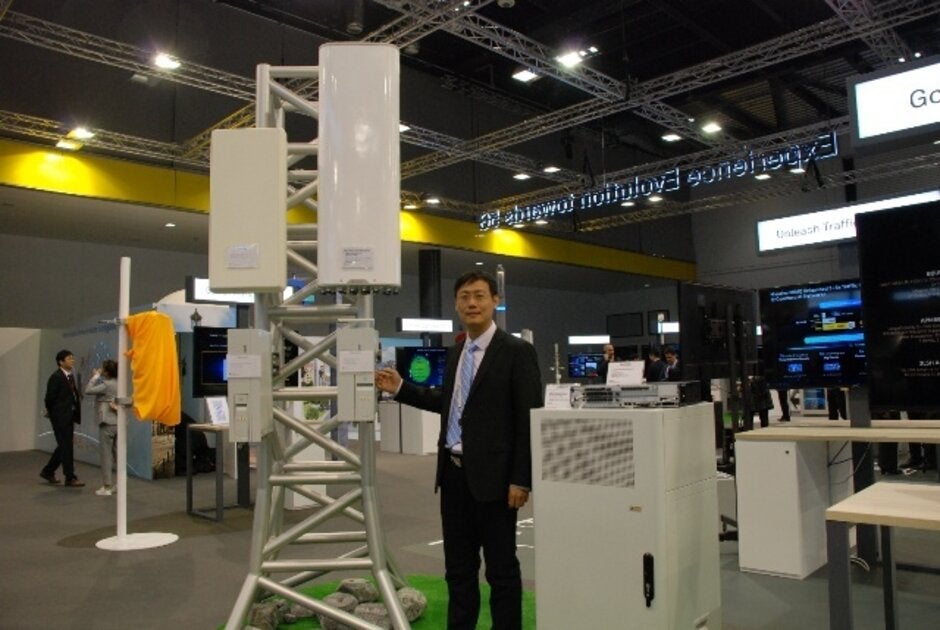
A Huawei base station developed for use with 5G networks
Not only is Huawei's networking gear cheaper than its rivals, but because the company has connections with China's state-run bank, it can offer generous financing terms to customers. Last October, the Trump administration reportedly spoke with executives at U.S. networking firms Cisco and Oracle to see if the two would be interested in competing with Huawei in the 5G mobile networking business. Both firms said that they didn't want to invest the time nor money to do so. U.S. officials were also looking to see if they could offer cut-rate financing to Nokia and Ericsson to help the pair offer the same generous terms to customers as Huawei does. Huawei happens to have a 30% share of the networking equipment market globally with Nokia and Ericsson second and third respectively. ZTE is fourth.
A U.S. delegation flew into Britain a couple of weeks ago in a last-minute attempt to persuade the British not to allow the use of Huawei equipment in its 5G networks. The group from the U.S. supposedly showed their British counterparts some evidence why Huawei's parts cannot be trusted. One U.S. official said that using Huawei parts for 5G networks is "nothing short of madness."
As we mentioned, Australia is one of the countries that has heeded the warnings from the U.S. and it has banned Huawei from its 5G networks. Simeon Gilding, a former senior official at the Australian Signals Directorate said, "No number of impressive-sounding mitigation measures or cybersecurity standards can provide confidence."
The use of Huawei's gear is important when it comes to countries that participate in intelligence-gathering alliances like The Five Eyes; members of the latter organization include Australia, Canada, New Zealand, the United Kingdom, and the United States. If some member countries feel that any information they discuss can be intercepted by Huawei, the flow of important and sensitive information will come to a complete halt making the world a little more dangerous.




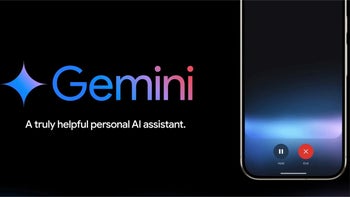
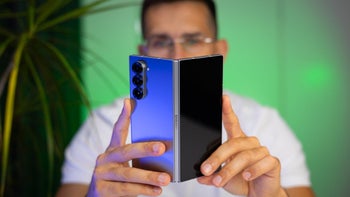
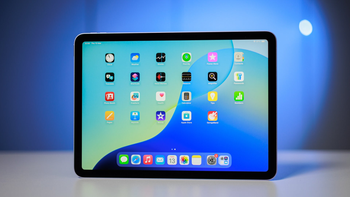
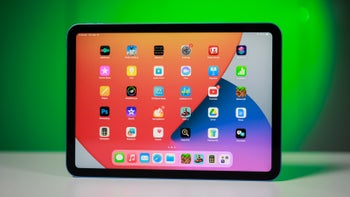
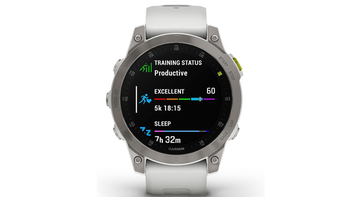
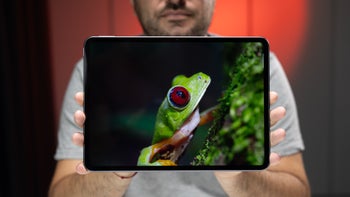
Things that are NOT allowed: